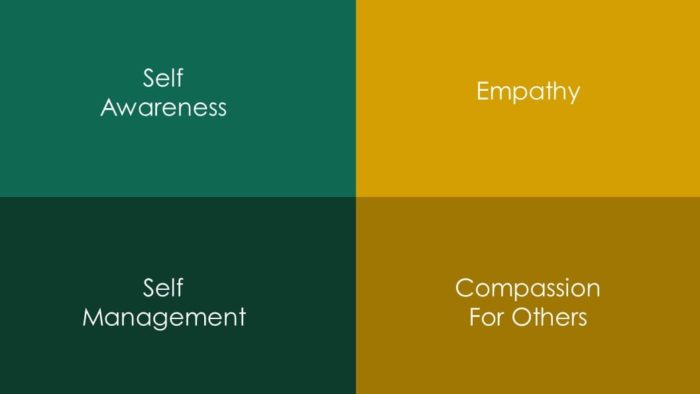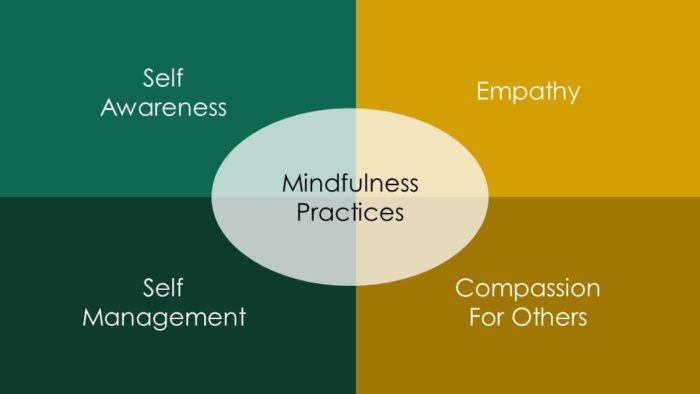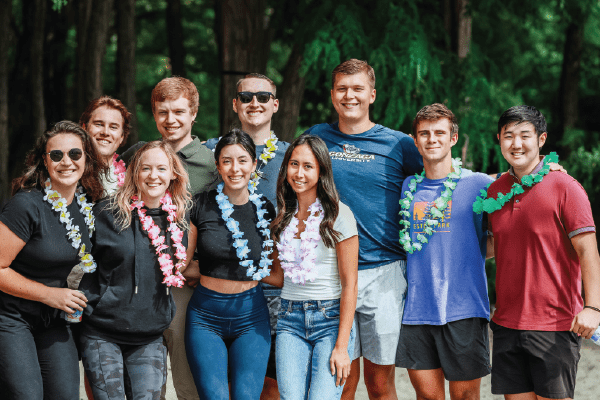Staying MESI in Messy Times
Whatever blessings come from the tremendous pain and suffering the coronavirus pandemic is causing will likely come from a renewed appreciation for our shared humanity.
Stories of kindness, generosity, compassion, ingenuity, and resilience, while often buried behind sensationalized headlines, are not hard to find. Extraordinary times show us the extraordinary love and compassion that ordinary people are capable of. It’s truly inspiring to witness so many people step up to help their fellow human beings.
Being closer to our humanity, however, also brings us closer to some sobering facts about our precarious position on this planet. Humans remain physically vulnerable, emotionally volatile, and deeply dependent upon one another, not only for our physical and material needs but also for our mental and emotional wellbeing.
While we know this intellectually, the current state of the world makes these aspects of our existence visceral and inescapable. Despite all our individual and collective efforts to keep our lives tidy and under control, the precious and unpredictable nature of our lives is now visible and palpable. So, in times like these, we are forced to see this reality more clearly: life is messy!
At Brighton Jones, we feel fortunate to have MESI. MESI helps us when life gets messy. And, by any measure, life is messy right now for most people. This is motivating us to share MESI with our community. Our hope is that MESI will help others win these messy times.
What is MESI?
MESI is an acronym. It stands for Mindfulness-based Emotional and Social Intelligence. The program grew out of a deep desire to help our clients, colleagues, and the global community live richer lives.
While living a richer life means different things to different people, we think most people would agree that living a richer life ultimately means being happy.
Now the word “happy” may not fit for you. Maybe you’re not out to be happy per se. Maybe you’re out to find peace of mind, joy, contentment, or leaving a positive, lasting impact on the world. However, at the risk of oversimplification, we like to say that everyone at the end of the day just wants to be happy. MESI then is our way of driving more happiness—in our lives and in the lives of others.
Our contention is that the components of MESI (mindfulness and emotional and social intelligence) are not only necessary components of living a richer, happier life, but they are also skills we can learn and get better at through daily practice.
The pioneering work in this area by Daniel Goleman, Richie Davidson, and many others has convinced us that emotional and social intelligence help us all live happier, healthier and more successful lives. What follows is a brief look at each of the major components of emotional and social intelligence and how they drive happiness.
Self-Awareness and Self-Management
We define self-awareness as the ability to understand our own emotions, as well as the thoughts and feelings that accompany those emotions. We define self-management as the ability to use that understanding to manage our emotions. Simply put, this means managing difficult emotions when they arise or marshaling positive emotions when they are needed. The combined skills of self-awareness and self-management result in a superpower: the ability to respond rather than react.
As emotional creatures, we have automatic emotional reactions to what occurs in our lives and those emotions play a major role in how we experience what happens to us. Most of the time, fortunately, our automatic emotional reactions serve us well and enhance our experience of being alive.
At times, however, our emotional reactions do us a disservice and negatively impact our lives. Often, it is our emotions that are at the root of much of our dissatisfaction and suffering in life.
Most of us are all familiar with the downside of our emotions and only need to think of the last time we said or did something in the heat of the moment that we later regretted to be reminded of just how much power our emotions have over us in certain situations and contexts.
The MESI Move
MESI encourages us to understand our emotions, their patterns, and their triggers. It gives us tools to manage our emotions, so we are not controlled by automatic and habitual emotional responses when they are not helpful. We call this self-competence.
As we progress in these skills, we get better at responding rather than reacting. Responding means that we are able to remain intentional and attentive even in difficult circumstances or when our emotions are triggered. It means that instead of being carried away by our emotions, we’re able to stay present. It means, in the language of Brighton Jones, that we can always pull the MESI Move.
The MESI Move is the wisest, most compassionate response in any given situation. It’s a theoretical ideal, rarely attainable, but it is what we aspire to do all the time and what we train to do more frequently through our MESI practices.
Empathy and Compassion
Empathy, as we define it, is the ability to feel the emotions of others. When we are empathic, we not only are able to imagine what another person is going through, we are able to get a sense of what they are experiencing. Empathy is what enables us to feel sad when others feel sad or feel pain when others are hurting.
Compassion builds on empathy and takes it further. When we are compassionate, we not only feel the emotions of others, we feel something else arise in us—the desire to help. Compassion then is a response to the pain, sadness or suffering of others. Compassion allows us to see difficult emotions such as anger, fear, grief, etc. as the natural response to unmet needs.
When we’re compassionate, we can understand those emotions because we can feel them ourselves and we understand where they come from and what needs they point to. Recognizing this, we are naturally moved to help and build healthy relationships with others. We call this social competence.
MESI helps us better understand the emotions of others and gives us tools to deepen our emotional connections with them. It also helps us to respond to others with more compassion. With more MESI practice, we find that we are moved more and more often to ask, “How can I help?” MESI gives us this understanding and confidence.
Mindfulness
So how does mindfulness fit in? Mindfulness is the practice!
While there are many definitions of mindfulness, ours is simply the ability to be fully present. Life requires us to be present to win. At Brighton Jones, we define winning is continuous improvement to reach our full potential.
In order to improve, our view is that we must be intentional and attentive, and in order to be intentional and attentive, we must be present. Being present means showing up fully in each moment—not distracted, not defensive, and not closed-minded. Intentional means we try to be very thoughtful about how we think, speak, and behave. Attentive means we pay close attention to the impact of our thoughts, words, and actions.
Our belief is that when we are fully present and we have the right intentions and pay attention to the right things, we’re winning because we’re on the path to continuous growth. Thus, mindfulness is the real work that drives emotional and social intelligence.
Join Us for Better Human Training
We are all born MESI. Mindfulness is a natural human quality of awareness and we all possess some abilities in all the other areas of emotional and social intelligence. MESI skills are basic human being skills. And, like all other skills, we can get better at them with practice.
The MESI program is full of practices that help us level up these skills. That’s why we call MESI better human training.
We will continue sharing our MESI practices with our community. Our team has benefitted tremendously from these practices and we’re finding them more valuable than ever in these challenging times. That’s because MESI invites us to use the challenges of everyday life as our fuel for becoming better human beings.
Whatever these uncertain times hold for us, they also provide us the opportunity to practice our MESI skills and grow as people. Please stay tuned. We’ll be introducing some of our tried and true practices and we hope you’ll join us!
Practice I – Perfect for You: Reimagining Life’s Challenges as Opportunities






